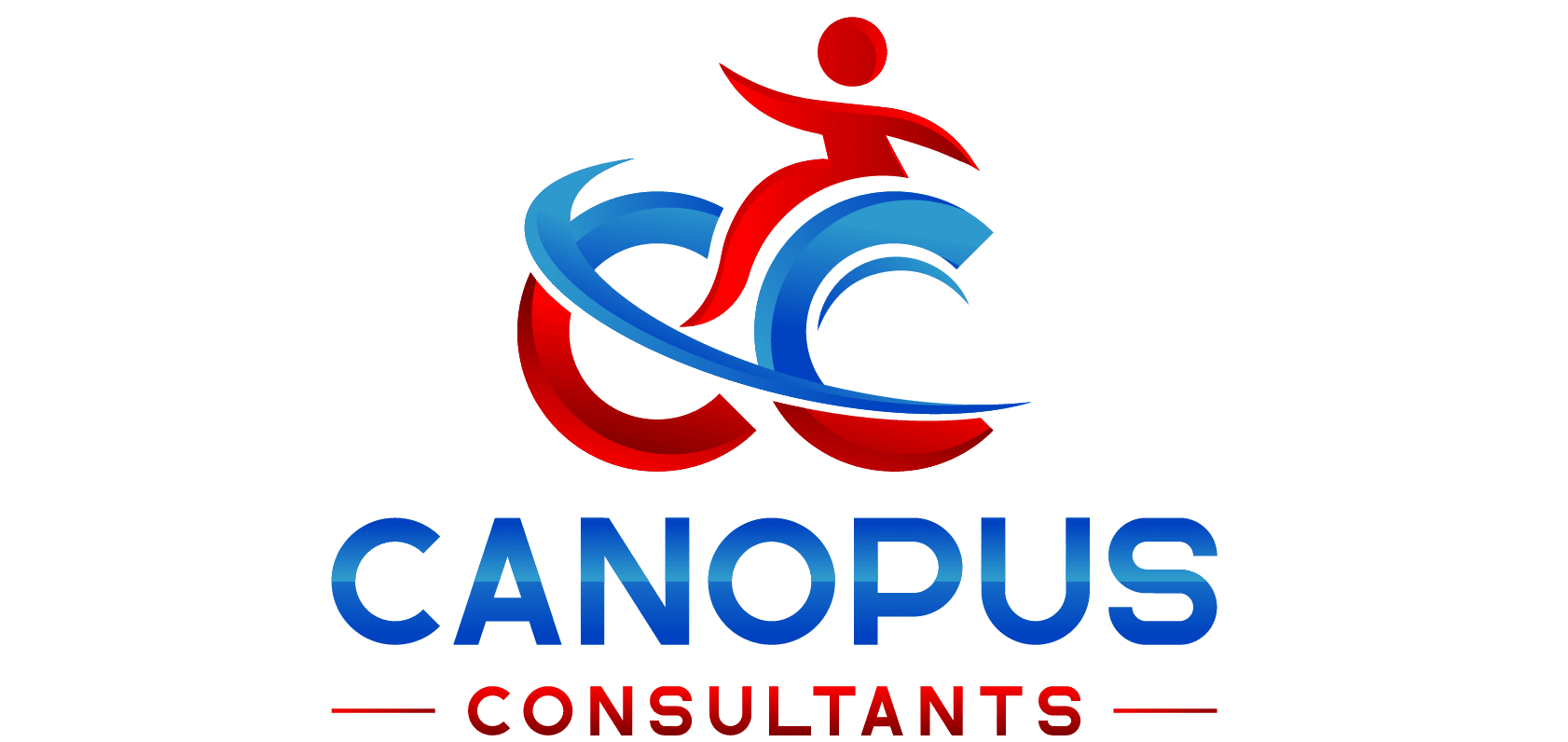
What Are NDIS Practice Standards?
What Are NDIS Practice Standards? It is a very good topic to study. The NDIS Practice Standards outline the core requirements that NDIS providers must meet to deliver consistent, safe, and high-quality supports and services to participants. These standards cover a wide range of areas to ensure that participants receive the best possible outcomes and experiences.
The NDIS Practice Standards include the following:
1. Rights and Responsibilities:
This NDIS Practice Standard focuses on promoting the rights, dignity, and autonomy of participants. It ensures that providers respect and uphold the rights of participants and engage them in decision-making processes regarding their support. What Are NDIS Practice Standards? The NDIS Practice Standards specify the quality standards to be met by registered NDIS providers to provide supports and services to NDIS participants.
What Are NDIS Practice Standards? Understanding Rights:
The concept of rights encompasses a wide range of fundamental principles that every individual is entitled to. In the context of the NDIS, the rights of participants include the right to:
· Dignity and respect: Every participant should be treated with dignity and respect, regardless of their disability or support needs.
· Choice and control: Participants have the right to make decisions about their supports and services, including choosing their service providers and setting their goals.
· Privacy and confidentiality: Information about participants should be handled confidentially and with respect for their privacy.
· Safety and quality: Participants have the right to receive safe, high-quality supports and services that meet their individual needs.
· Advocacy and representation: Participants have the right to access advocacy and support services to help them navigate the NDIS system and uphold their rights.
Responsibilities of Participants: Alongside their rights, participants also have responsibilities in engaging with the NDIS and the support services provided. These responsibilities include:
· Providing accurate information: Participants are required to provide accurate and up-to-date information about their needs, goals, and circumstances to ensure that they receive appropriate support.
· Engaging in decision-making: Participants are encouraged to actively engage in the planning and decision-making processes related to their supports and services.
· Respecting the rights of others: Participants are expected to respect the rights and dignity of other participants, support workers, and service providers.
· Safeguarding their own well-being: Participants have a responsibility to prioritize their own health and well-being and to communicate any concerns or issues that may arise.
· Participating in feedback and complaints processes: Participants are encouraged to provide feedback on their supports and services and to report any issues or concerns through appropriate channels.
2. Governance and Operational Management:
This standard covers the overall management and governance of the NDIS provider. It includes requirements for effective leadership, complaints management, and record-keeping systems to ensure transparency and accountability.
Some key aspects of effective governance within the NDIS include:
· Transparent decision-making: Providers should establish clear decision-making processes that are documented and communicated to all relevant stakeholders. This helps build trust and ensures that decisions are made in the best interest of participants.
· Compliance with legal and ethical standards: Providers must comply with all legislative requirements, regulations, and codes of conduct. This includes protecting the privacy and confidentiality of participant information and adhering to relevant disability service standards.
· Risk management: Providers should have robust risk management processes in place to identify, assess, and mitigate potential risks. This includes regular reviews of risks, implementing strategies to minimize them, and having contingency plans in place to address unforeseen circumstances.
· Monitoring and oversight: Providers should establish systems for ongoing monitoring and oversight to ensure the quality and safety of supports and services. This can include regular audits, performance reviews, and feedback mechanisms for participants and staff.
Key components of operational management within the NDIS include: (What Are NDIS Practice Standards?)
· Effective workforce management: What Are NDIS Practice Standards is great question? Providers must ensure that they have a skilled and qualified workforce to deliver supports and services. This includes recruitment, training, supervision, and ongoing professional development for staff to maintain their competency and provide the best possible outcomes for participants.
· Accurate record-keeping and reporting: Providers need to maintain accurate and up-to-date records of participant information, service delivery, and financial transactions. This ensures transparency, accountability, and compliance with regulatory requirements.
· Complaints management: Providers should establish clear and accessible complaints management processes. This involves providing participants with multiple avenues to lodge complaints, actively seeking feedback, and taking appropriate action to address and resolve any issues that arise.
· Continuous improvement: Providers should have mechanisms in place to gather feedback, learn from experiences, and continuously improve their services. This can include seeking input from participants, engaging in quality improvement activities, and benchmarking against industry best practices.
3. Provision of Supports and Services:
This standard sets out the requirements for the delivery of supports and services. It includes guidelines for person-centered approaches, individual planning and goals, participant choice and control, and cultural safety and responsiveness.
Types of Supports and Services: (What Are NDIS Practice Standards?)
The NDIS provides a range of supports and services to individuals with disabilities based on their individual needs and goals. These supports can be classified into three categories:
· Core supports: These are supports that are most essential to a participant’s everyday life, such as assistance with daily living activities, consumables like continence aids, and support for social and community participation.
· Capacity building supports: These supports are designed to help participants build skills and increase independence, such as assistance with finding and maintaining employment, or developing personal and life skills.
· Capital supports: These supports relate to larger ticket items, like assistive technology, home modifications and mobility aids.
4. Funding and Financial Management: (What Are NDIS Practice Standards?)
This standard focuses on how providers manage funding and finances related to supports and services. It ensures that systems are in place to manage participant plans and budgets effectively, maintain accurate records, and comply with financial accountability requirements.
Key Aspects of Financial Management:
Effective financial management within the NDIS involves several key aspects that contribute to the sustainability and accountability of the scheme:
· Budgeting and Financial Planning: Providers in the NDIS must establish robust budgeting processes to ensure that they have sufficient funds for the delivery of supports and services. This includes estimating costs, setting appropriate pricing, and managing financial risks.
· Transparent Financial Reporting: Providers must maintain accurate and transparent financial records, including income, expenses, and assets. By implementing strong financial reporting processes, providers can demonstrate accountability, identify any financial irregularities, and ensure compliance with regulatory requirements. What Are NDIS Practice Standards? The NDIS Practice Standards specify the quality standards to be met by registered NDIS providers to provide supports and services to NDIS participants.
· Participant Funding Management: Providers are responsible for managing the funding allocated to individual participants. This includes tracking and documenting the expenditure of funds, ensuring that funds are used appropriately to meet the participant’s needs, and providing regular financial statements to participants.
· Financial Governance and Controls: Effective financial governance and internal controls are crucial to avoid fraud, mismanagement of funds, and ensure the integrity of the funding system. Providers must have systems and processes in place to monitor and regulate financial transactions, including checks and balances to safeguard against financial abuse.
· Contract Management: Providers may have contracts with various stakeholders, including participants, support workers, and service providers. Effective contract management ensures that financial obligations are met, services are delivered as agreed, and both parties are accountable for their respective roles.
5. Feedback and Complaints:
This standard emphasizes the importance of feedback and complaints management. It ensures that participants have access to effective processes for providing feedback and making complaints, and that providers have mechanisms in place to respond and rectify any issues raised.
Key Elements of Feedback Mechanisms:
Effective feedback mechanisms within the NDIS framework involve several key elements:
· Accessibility and Ease of Use: Feedback mechanisms must be accessible, transparent, and easy to use, providing participants with a range of options to provide feedback. This includes the provision of both online and offline feedback channels to ensure accessibility for all participants.
· Timeliness: Providers should respond to feedback promptly and engage with participants to address their concerns. Timeliness is essential to ensure that issues are addressed and resolved as soon as possible.
· Continuous Improvement: Feedback should be used to drive continuous improvement, including the development of new services, the refinement of existing services, and overall quality improvement.
· Transparency: Feedback mechanisms must be transparent, enabling participants to see how their feedback contributes to quality improvement in NDIS services. This includes providing feedback reports and outlining how feedback is used to address issues and deliver improvements.
Key Elements of Complaint Mechanisms:
Effective complaint mechanisms within the NDIS framework involve several key elements:
· Accessibility and Ease of Use: Complaint mechanisms must be accessible, transparent, and easy to use, providing participants with a range of options to lodge their complaints. This includes a simple and straightforward complaint process that is easy to understand and navigate.
· Timeliness: Providers must respond to complaints promptly, acknowledging the complaint within an appropriate timeframe, and working with participants to resolve the issue as soon as possible.
· Fairness and Objectivity: Complaint mechanisms must be objective, impartial, and transparent, ensuring that all complaints are treated fairly and ethically. Providers should maintain confidentiality while conducting the necessary investigations.
· Continuous Improvement: Complaints should be used to identify areas of improvement, including systemic issues, to prevent similar issues from happening in the future.
6. Incident Management: This standard outlines the procedures providers must follow in the event of incidents or allegations of harm or abuse. It ensures that providers have robust incident management systems in place to respond promptly and effectively to any incidents and take appropriate action to prevent reoccurrence.
Key Elements of Effective Incident Management:
The effective management of incidents within the NDIS framework involves several key elements:
· Reporting Mechanisms: Providers must have robust reporting mechanisms in place to capture and document all types of incidents. This can include online and offline reporting channels, such as hotlines, email, or web reporting.
· Timeliness: Providers must respond and address incidents promptly, acknowledging them within a specific timeframe, and conducting appropriate investigations and follow-up actions as deemed necessary.
· Safety and Wellbeing Focus: Providers must prioritize the safety and wellbeing of participants involved in incidents. This includes ensuring appropriate medical care, psychological and/or emotional support, and other supports as required.
· Transparency and Communication: Providers must communicate effectively with participants and their support networks, including families, carers, and advocates. Providers must provide timely and accurate information about the incident, including what has happened, what is being done about the incident, and future actions to prevent similar incidents from occurring.
· Continuous Improvement: Providers should use incidents to drive continuous improvement in their services by analyzing the root cause of the incident, identifying areas for improvement, and implementing corrective actions to prevent similar incidents from happening in the future.
7. Human Resources:
What Are NDIS Practice Standards? This standard covers the employment and management of staff within NDIS registered providers. It includes requirements for staff qualifications, training, and supervision to ensure that they have the necessary skills and knowledge to deliver high-quality supports and services.
· Recruitment and Selection: HR professionals are responsible for creating job advertisements, screening resumes, conducting interviews, and selecting candidates who best fit the skills, qualifications, and cultural fit required for the job. Effective recruitment and selection processes can ensure that organizations have the right people in the right roles, contributing to overall success. What Are NDIS Practice Standards?
· Onboarding and Training: Once the right candidates are selected, HR facilitates their onboarding and training process. This includes providing new employees with essential information, introducing them to the organization’s mission, values, and policies, and equipping them with the necessary skills to perform their roles effectively.
· Performance Management: HR professionals play a crucial role in performance management, ensuring that employees are meeting job expectations and continuously growing in their roles. This includes setting clear performance goals, providing feedback and coaching, conducting performance appraisals, and addressing any performance issues that arise.
· Employee Engagement and Retention: Maintaining a highly engaged and motivated workforce is essential for organizational success. HR professionals work to create employee engagement initiatives, such as recognition programs, team-building activities, and employee feedback surveys.
· Employee Relations: HR fulfills the role of a mediator and facilitator in managing employee relations. They handle employee grievances, ensure compliance with labor laws, and promote a healthy work-life balance.
· Organizational Development and Change: HR plays a crucial role in organizational development and managing change. HR professionals work closely with leadership to identify areas for improvement, design and implement organizational development initiatives, and manage change processes.
Read More Related Article:
What Are NDIS Practice Standards? | Understanding What NDIS Covers A Comprehensive Guide | Finding the Best NDIS Consultant in Australia | How Technology Can Transform Your NDIS Business in 2024


